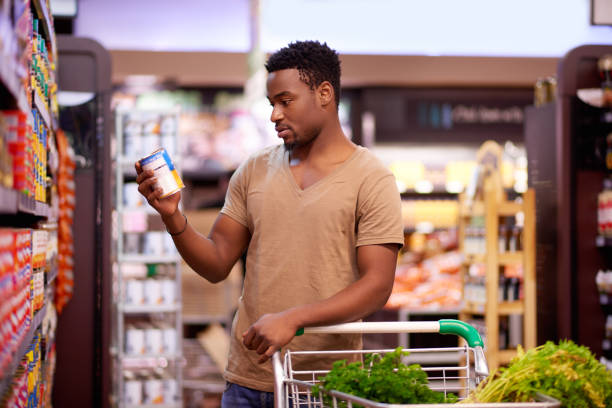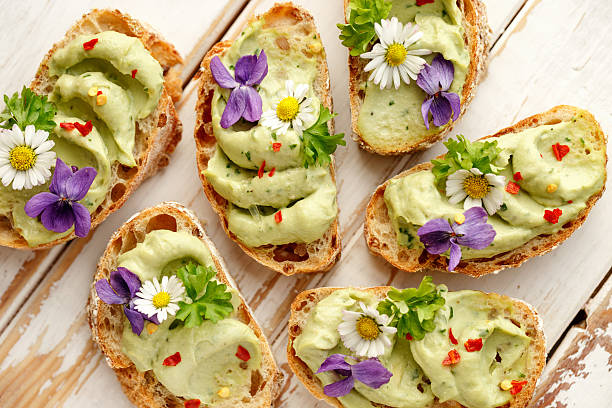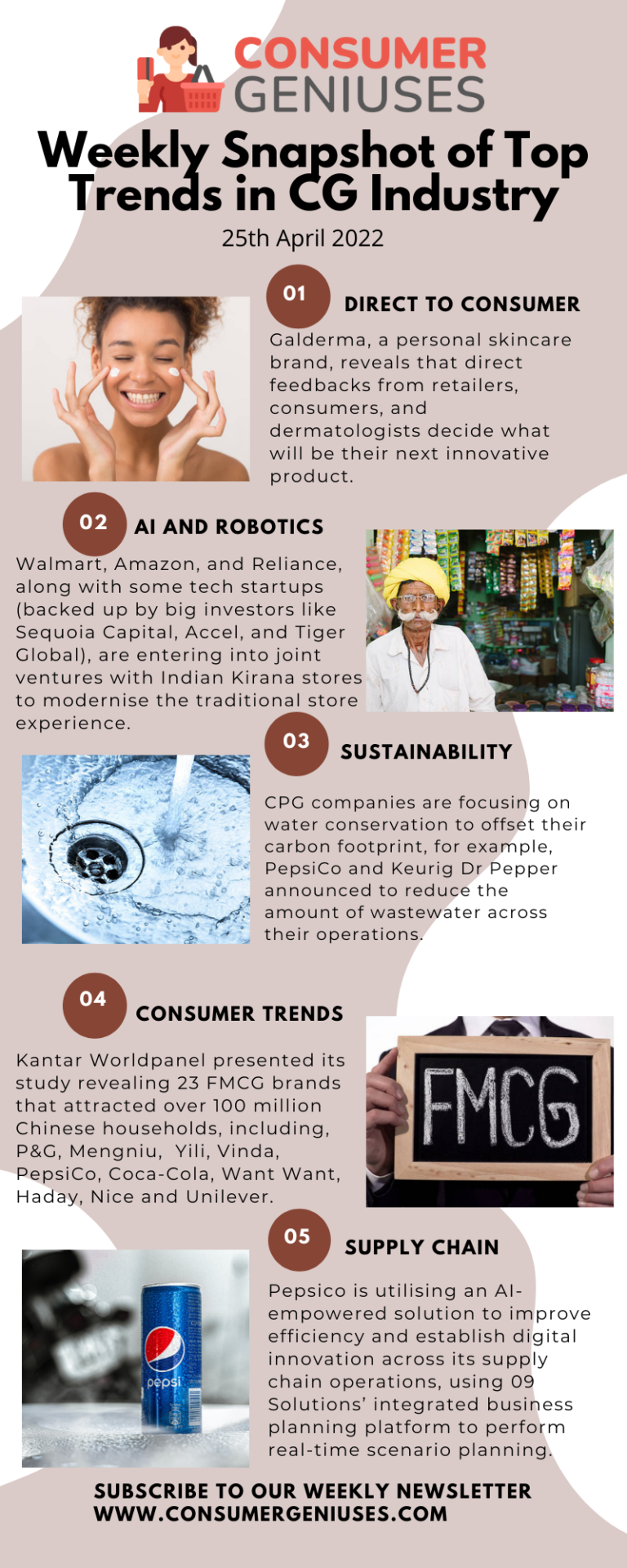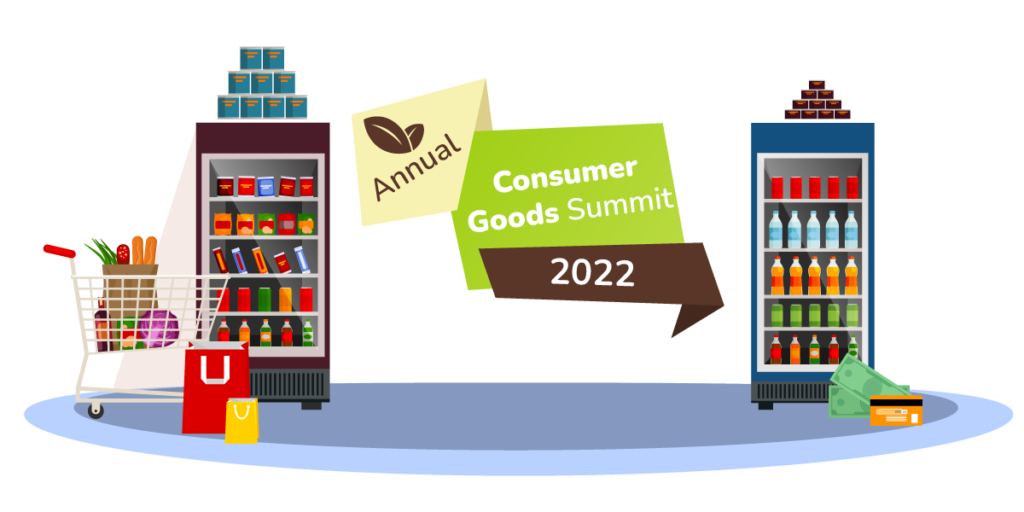
Consumers are now well-informed about climate impacts of food
As per the report presented by Kearney, consumers are more aware of the climate impact of food choices. Out of every five consumers, four tend to know about the environmental impacts of food choices, but they do not buy climate-friendly foods due to high prices, the report states. While doing grocery shopping, more than 27% of individuals think of the environmental impact of the food product before putting it in their cart. While 83% of them are ready to consume a healthier alternative to beef. Many CPG companies are working to achieve their sustainability goals, including reducing carbon footprint, decreasing waste, and using better-for-the-environment ingredients. Studies further reveal that consumers are more likely to buy a product that features a sustainable practise label. Read more from FoodDive





